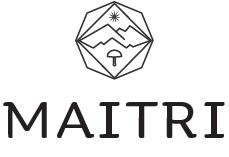Food of gods: The search for the original Tree of Knowledge
A Radical History of Plants, Drugs, and Human Evolution
Why, as a species, are humans so fascinated by altered states of consciousness? Can altered states reveal something to us about our origins and our place in nature? In Food of the Gods, ethnobotanist Terence McKenna’s research on man’s ancient relationship with chemicals opens a doorway to the divine, and perhaps a solution for saving our troubled world. McKenna provides a revisionist look at the historical role of drugs in the East and the West, from ancient spice, sugar, and rum trades to marijuana, cocaine, synthetics, and even television—illustrating the human desire for the “food of the gods” and the powerful potential to replace abuse of illegal drugs with a shamanic understanding, insistence on community, reverence for nature, and increased self-awareness.
by Terence McKenna
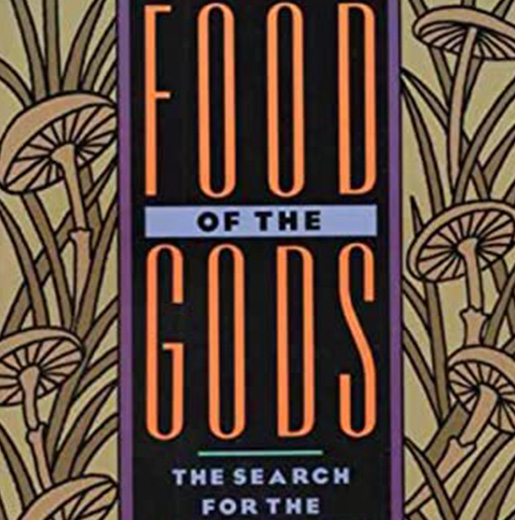
the psychedelic explorers guide
Safe, Therapeutic and Sacred Journeys
Called “America’s wisest and most respected authority on psychedelics and their use,” James Fadiman has been involved with psychedelic research since the 1960s. In this guide to the immediate and long-term effects of psychedelic use for spiritual (high dose), therapeutic (moderate dose), and problem-solving (low dose and microdose) purposes, Fadiman outlines best practices for safe, sacred entheogenic voyages learned through his more than 40 years of experience—from the benefits of having a sensitive guide during a session (and how to be one) to the importance of the setting and pre-session intention.
by James Fadiman Ph.D
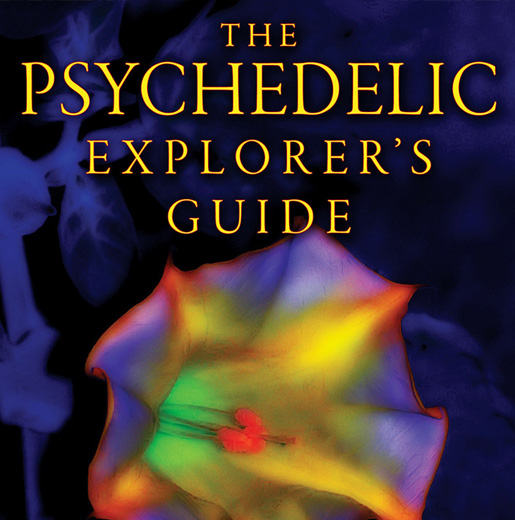
Your Psilocybin Mushroom Companion
With so much misinformation surrounding magic mushrooms out there, it can be hard to separate fact from fiction. This is where Your Psilocybin Mushroom Companion comes in to help. In this book, you’ll find a comprehensive yet friendly guide to everything there is to know about magic mushrooms.
Learn how to plan safe, effective trips with easy-to-follow step-by-step advice. Discover how to train a guide to take care of those on psychedelic voyages, as well as how to access the transformative nature of these experiences. Even learn how microdosing can improve your mood, cognitive functioning, creativity, physical stamina, and more.
With the most up-to-date research, Your Psilocybin Mushroom Companion will put magic mushrooms into perspective, dispel myths and urban legends, and open your mind to the benefits of psychedelic tripping.
by Michelle Janikian
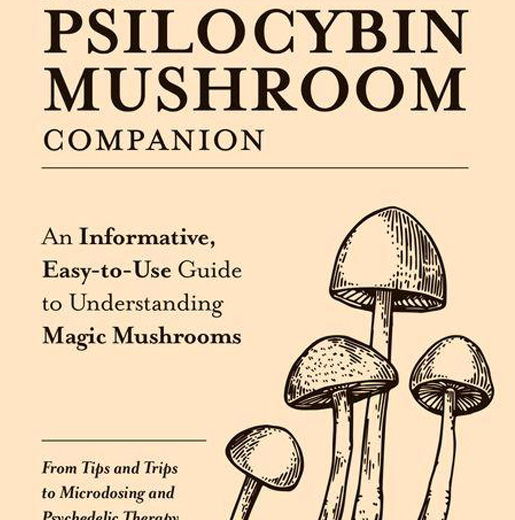
The Wild Kindness : A Psilocybin Odyssey
The Wild Kindness: A Psilocybin Odyssey is the lyrical, unforgettable memoir of Bett Williams’s relationship with psilocybin mushrooms, otherwise known as magic mushrooms. In pursuit of self-healing, she begins experimenting with mushrooms in solitary ceremonies by the fire. Word soon gets out about her New Mexican desert mushroom farm, though, and people arrive in droves. Not long after, the police read her her Miranda Rights, her relationships fall out of whack, and her dog Rosie just might be CIA.
by Bett Williams

Entangled Life
When we think of fungi, we likely think of mushrooms. But mushrooms are only fruiting bodies, analogous to apples on a tree. Most fungi live out of sight, yet make up a massively diverse kingdom of organisms that supports and sustains nearly all living systems. Fungi provide a key to understanding the planet on which we live, and the ways we think, feel, and behave.
In Entangled Life, the brilliant young biologist Merlin Sheldrake shows us the world from a fungal point of view, providing an exhilarating change of perspective. Sheldrake’s vivid exploration takes us from yeast to psychedelics, to the fungi that range for miles underground and are the largest organisms on the planet, to those that link plants together in complex networks known as the “Wood Wide Web,” to those that infiltrate and manipulate insect bodies with devastating precision.
by Merlin Sheldrake

Mycelium Running
How mushrooms can help save the world.
Mycelium Running is a manual for the mycological rescue of the planet. That’s right: growing more mushrooms may be the best thing we can do to save the environment, and in this groundbreaking text from mushroom expert Paul Stamets, you’ll find out how.
The basic science goes like this: Microscopic cells called “mycelium”–the fruit of which are mushrooms–recycle carbon, nitrogen, and other essential elements as they break down plant and animal debris in the creation of rich new soil. What Stamets has discovered is that we can capitalize on mycelium’s digestive power and target it to decompose toxic wastes and pollutants (mycoremediation), catch and reduce silt from streambeds and pathogens from agricultural watersheds (mycofiltration), control insect populations (mycopesticides), and generally enhance the health of our forests and gardens (mycoforestry and myco-gardening).
by Paul Stamets
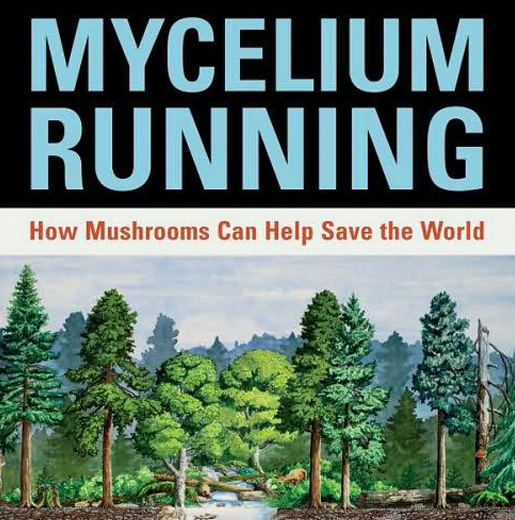
Selection
A shaman and visionary—not a poet in any ordinary sense—María Sabina lived out her life in the Oaxacan mountain village of Huautla de Jiménez, and yet her words, always sung or spoken, have carried far and wide, a principal instance and a powerful reminder of how poetry can arise in a context far removed from literature as such. Seeking cures through language—with the help of Psilocybe mushrooms, said to be the source of language itself—she was, as Henry Munn describes her, “a genius [who] emerges from the soil of the communal, religious-therapeutic folk poetry of a native Mexican campesino people.” She may also have been, in the words of the Mexican poet Homero Aridjis, “the greatest visionary poet in twentieth-century Latin America.”
by Maria Sabina

